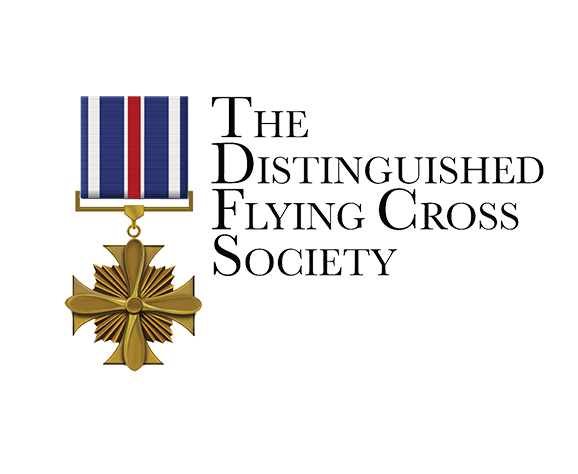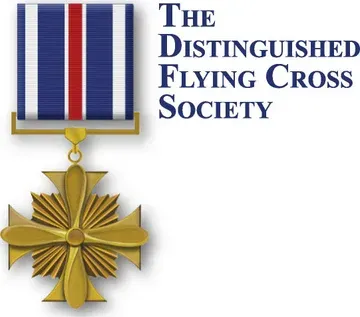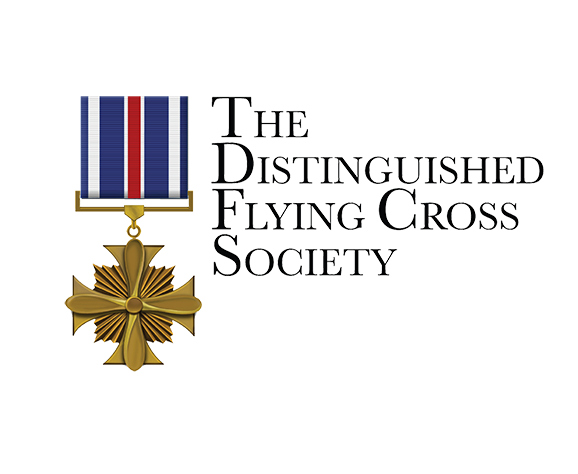Anthony L. Roe
AWARDED DFC:
3
CONFLICT/SPACE FLIGHT/EVENT: GWOT
MODEL: A-10
Citation: 1.)
The President of the United States takes great pleasure in presenting the Distinguished Flying Cross to Major Anthony L. Roe for heroism while participating in aerial flight as A-10 Flight Lead, 75th Expeditionary Fighter Squadron, 332d Expeditionary Operations Group, 332d Air Expeditionary Wing at Ahmed Al Jaber Air Base, Kuwait on 20 March 2003. On that date, Major Roe led an A-10 two-ship supporting Special Operating Forces seizing an Iraqi airfield. Due to a delay with his wingman, he flew 400 miles into enemy territory alone. For the first hour, Major Roe was the only fixed wing asset supporting the assault due to delays with all other supporting airframes. Overhead the target airfield, he illuminated, identified, and attacked a 14.5 millimeter anti-aircraft site with four MK-82 bombs before departing for fuel and to rejoin his wingman. While attempting his second aerial refueling, Major Roe experienced a malfunction of his refueling system, forcing him to coordinate for and successfully execute an emergency boom refueling, a procedure rarely discussed and even less-frequently attempted. During the second vulnerability period, he identified, engaged, and destroyed a FROG-7 surfaceto-surface missile system orientated in such a manner to potentially threaten Jordan or Israel. Major Roe also attacked and damaged two 57-millimeter anti-aircraft batteries. While attacking the guns, he acted as airborne forward air controller, directing the weapons employment of F-15Es, F-14s, and follow-on A-10s while deftly evading heavy anti-aircraft fire. The precise, timely, and accurate firepower allowed friendly forces to successfully seize the first enemy airfield in Iraq, paving the way for the destruction of enemy forces in the western region and preventing the escalation of conflict to surrounding nations. The outstanding heroism and selfless devotion to duty displayed by Major Roe reflect great credit upon himself and the United States Air Force.
2.)
The President of the United States takes great pleasure in presenting the Distinguished Flying Cross (Second Oak Leaf Cluster) to Major Anthony L. Roe for extraordinary achievement while participating in aerial flight as A/OA-10 Fighter Pilot, 75th Expeditionary Fighter Squadron, 332d Air Expeditionary Wing near Najaf, Iraq on 7 April 2003. On that day, Major Roe's outstanding airmanship displayed under hazardous conditions, culminated in the successful extraction of ten critically wounded coalition soldiers from the outskirts of Baghdad. After scrambling from Ahmed Al Jaber Air Base, he rendezvoused with Jolly 27 Flight, two HH-60s, and King 11, an HC-130. The objective area lay less than five miles from Baghdad, enveloped in a fierce sandstorm with one to two miles visibility. Realizing that the current plan was unsuitable, Major Roe established. a workable solution, directing both command and control and task force assets to new frequencies. Running low on fuel, he recognized an approaching gap in escort coverage and directed additional assets in to the task force, a decision that later saved the helicopters as they came under heavy machine gun fire at a time that they would have been undefended. Major Roe accomplished all of this in spite of a radio failure which forced him to further alter the communication plan and use his wingman as a relay to crucial assets. After resuming escort duties, he covered the approach and transload operations at an unsecured airfield near the heavily defended city of Najaf before escorting the task force on to Tallil Air Base. Against numerous obstacles, Maj Roe's leadership delivered ten critical casualties to medical care. Air Force pararescue combat medics credited the task force with saving the lives of two men who would have died had there been any delay in their extraction. The professional competence, aerial skill, and devotion to duty displayed by Major Roe reflect great credit upon himself and the United States Air Force.
3.)
The President of the United States takes great pleasure in presenting the Distinguished Flying Cross (Second Oak Leaf Cluster with Valor) to Major Anthony L. Roe for heroism while participating in aerial flight as A-10 Flight Lead, 303d Expeditionary Fighter Squadron, 455th Expeditionary Operations Group, 455th Expeditionary Wing at Bagram Airfield, Afghanistan on 5 June 2008. On that date Major Roe led a two-ship formation of A-10s directed to support a United States Army resupply convoy disabled by an Improvised Explosive Device and taking direct, effective enemy fire. Once overhead and realizing the vehicles under fire did not have either a qualified Joint Terminal Attack Controller or a way to communicate with any aircraft or other vehicles in the convoy, Major Roe immediately set up a radio relay directing his wingman to hold high and relay situation updates to the nearest controller eight miles away. He then established another communication relay to one of the convoy vehicles outside the kill zone using a pre-designated common frequency. Major Roe then repeatedly flew his A-10 into incoming fire from the enemy at low altitude to assess the ground situation and effectively locate the highest priority threat to coalition forces. Due to targets being Danger Close and less than sixty meters from the friendly vehicles, he instantly directed all friendly forces to remain inside their vehicles and declared the situation Emergency Close Air Support, assuming full responsibility for any attacks. Using superior terrain and map study, Major Roe coordinated for target marks using smoke grenades from three disabled vehicles and then relayed the target coordinates through his wingman. At this point, and as the firefight intensified, he rejoined his flight and engaged the enemy fighting positions with more than 1,500 rounds of 30-Millimeter High Explosive Incendiary and seven High Explosive Rockets. Subsequently, during his first gun pass, Major Roe noticed a critical targeting elevation system error, and within seconds, manually entered the correct target data for his following gun and rocket passes, deftly evading enemy anti-aircraft artillery and successfully eliminating 30 enemy combatants, while also assuming Forward Air Controller Airborne responsibilities, guiding follow-on air, ground, and air refueling assets. The precise, timely, and accurate firepower employed by Major Roe, saved the lives of sixteen United States Army and coalition forces during an extensive, deadly firefight for more than an hour. The outstanding heroism and selfless devotion to duty displayed by Major Roe reflect great credit upon himself and the United States Air Force.


